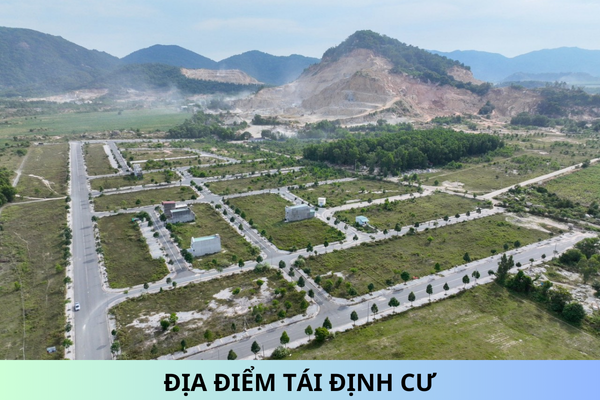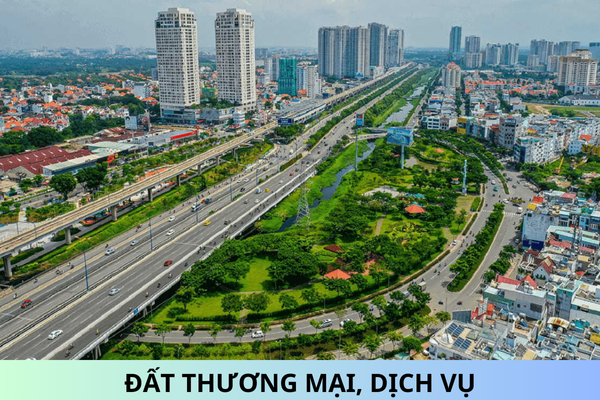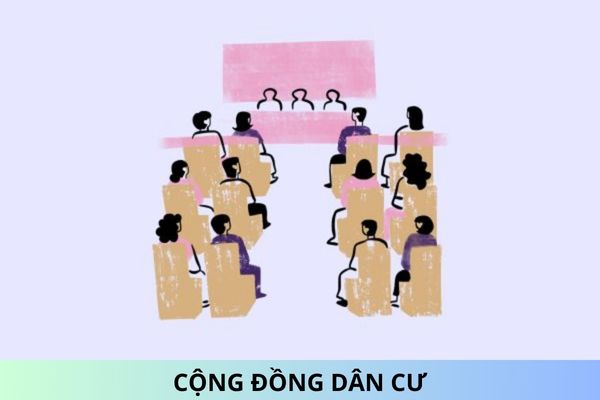Compensation for Land Leased from Communes: Eligibility Upon Repossession?
According to the provisions of Article 132 of the Land Law 2013, based on the land fund, characteristics, and needs of the locality, each commune, ward, or commune-level town is allowed to establish an agricultural land fund used for public purposes, not exceeding 5% of the total area of annual crops, perennial crops, and aquaculture land to serve the public needs of the locality.
In places where the agricultural land fund reserved for public purposes exceeds 5%, the area beyond the 5% limit can be used for construction or compensation when using other land for constructing local public works; it can be allocated to households and individuals directly engaged in agricultural production and aquaculture locally who have not been allocated land or lack production land.
For land that has not been used for public purposes by the commune, ward, or commune-level town, the commune-level People's Committee rents it to local households and individuals for agricultural production and aquaculture through an auction for leasing. The term of land use for each lease should not exceed 5 years.
According to the provisions at Point b, Clause 1, Article 66 of the Land Law 2013, based on the need for land use for national defense, security, economic and social development for national and public interest as prescribed by the Land Law 2013, the provincial People's Committee decides to recover agricultural land belonging to the public land fund of communes, wards, and commune-level towns.
Clause 1, Article 76 of the Land Law 2013 states:
"Article 76. Compensation for remaining investment costs in the land when the State reclaims land for national defense, security purposes; economic and social development for national, public interest.
1. Cases where land is not compensated but compensation for remaining investment costs in the land is provided when the State reclaims land include:
...
d) Agricultural land belonging to the public land fund of communes, wards, commune-level towns;"
Thus: Based on the regulations cited above, in cases where the State reclaims agricultural land belonging to the public land fund of communes, wards, and commune-level towns, the land user is not compensated for the land, but is compensated for the remaining investment costs in the land according to the provisions of law.
Therefore: In the case where you lease land from the public land fund of a commune for family economic purposes and it is reclaimed by the provincial People's Committee for an economic and social development project for national and public benefit, you will not receive compensation for the land, but you will be compensated for the remaining investment costs in the land (if any).
- Remaining investment costs in the land are the costs you have invested in the land in line with its intended use, which have not yet been recouped by the time the provincial People's Committee decides to reclaim the land. The remaining investment costs in the land include all or part of the following:*
- Land leveling costs;
- Soil improvement costs to increase fertility, acid neutralization, and erosion control for land used for agricultural production;
- Costs for strengthening load-bearing capacity to prevent ground vibration, subsidence for land used as a business production site;
- Other related costs invested in the land suitable with the land use purpose.
Conditions for determining the remaining investment costs in the land are as follows:
- There must be documentation and evidence proving the investment in the land. In cases where there is no documentation or evidence proving the remaining investment costs, the provincial People's Committee will determine these costs based on the actual situation of the locality;
- Investment costs in the land must not originate from the state budget.
Above is our legal opinion regarding the issue you are concerned about.
Sincerely!










